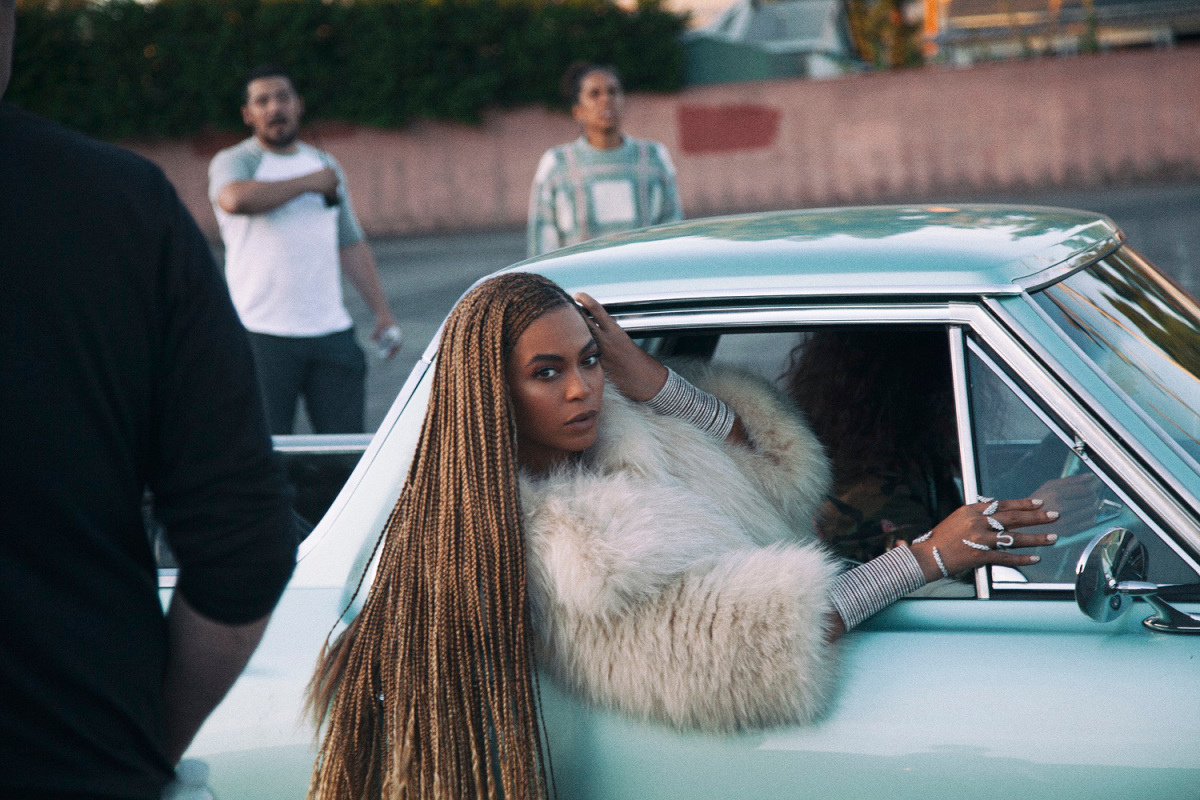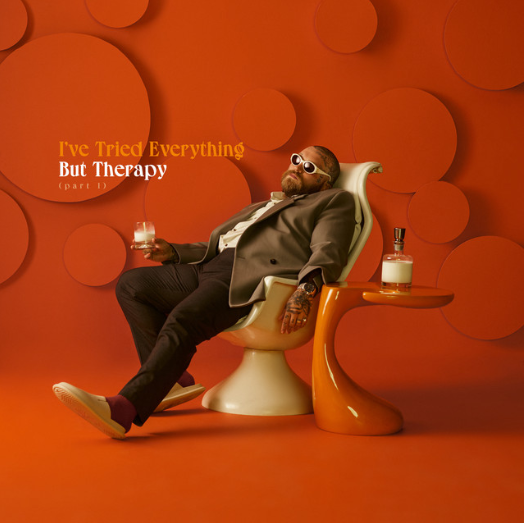Just this past Saturday, Feb. 12, Beyoncé dropped a new single for the first time in more than a year. And not just any single, a politically charged, trap-beat single. Not to mention that she dropped the song at the perfect time: during both Black History Month and Mardi Gras season in New Orleans, where the video takes place. Beyoncé has recently taken this hands-off and silent approach, and for someone who has been silent for the past three years – not conducting a single interview – she is speaking volumes about herself through her music.
But this hasn’t come completely out of nowhere, as she has slowly led up to this point since releasing her self-titled album, “Beyoncé.” She’s been surprising her fans for quite a while now, allowing her to have this power over them. If any other artist were to surprise drop a single or an album, it would not matter as much. But because it’s Queen Bey, it’s a big deal. People worship this woman.
“Formation” revealed a new side of Beyoncé that we’ve never seen before. In the past, she’s embraced many identities over the years, including being broken-hearted, crazy and dangerously in love, a feminist, a partier, and a woman embracing her sexuality. But for the first time in 19 years, we see Bey bring her racial identity to the foreground, allowing it to be talked about. Her lyrics “my daddy Alabama, Momma Louisiana / You mix that negro with that Creole make a Texas bama / I like my baby heir, with baby hair and afros / I like my negro nose with Jackson Five nostrils” give the listeners an idea of her background and where she’s come from, as well as acknowledging how she likes to have Blue Ivy’s hair and loving her husband’s wide nose.
Bey is celebrating her black womanhood and encouraging others to do the same. In the video, she only has black people in it. There are all different shades of black, as well as many different hairstyles, from braided to afro. Additionally, throughout the video, Beyoncé morphs into many archetypes of southern black women while simultaneously going through black history.
But there has been quite a bit of controversy regarding Bey’s new song and video. She is openly calling out police brutality. Some are even calling the messages anti-police given that parts of the video show Beyoncé on top of a sinking New Orleans police car.
Even towards the end of the video, there is a hoodie-wearing black child dancing; at his command, the line of police officers put up their hands in surrender. This itself is an allusion to the “Hands Up Don’t Shoot” phrase and gesture following Michael Brown’s shooting. The next scene is a quick cut to a graffiti wall that says “stop shooting us.” Because of all of this, people are outraged that she’s using her music, her artistic expression and her Super Bowl 50 performance as a platform to talk about racial issues.
In addition to this, people seem to think that her Super Bowl 50 performance was vastly controversial because she made references to Malcolm X, the Black Lives Matter movement, Michael Jackson and the Black Panther Party – a group founded on the core value of challenging police behaviors and police brutality, particularly towards black people. Queen B is asserting her pro-blackness, but that does not mean she is anti-white or anti-police.
However, these things are not mutually exclusive. She is bringing attention to the issues that are often unheard and too “third-rail” to even discuss. Bey is unapologetic in her song by singing “always stay gracious, best revenge is your paper.” She knew she would get backlash about this song, but she doesn’t care because she is still going to get money, whether you are a fan or a hater.
In the end, some might even call her ‘Beysus Christ’ for blessing us with this second coming of political activism in her career, the first being her feminism and comfortable ease with her sexuality.
But, if the song and the video make you uncomfortable, as a white person, consider this: it is not for you. If it does make you uncomfortable, ask yourself why it did provoke that feeling and maybe do a little bit of research. Beyoncé targeted this song and video towards black people living in America. It’s not a song for white people to appropriate. It’s a battle cry for black people, black women, to get in formation, get information, and start fighting for what really matters. Keep on slayin’, Beyoncé, keep on slayin’.








